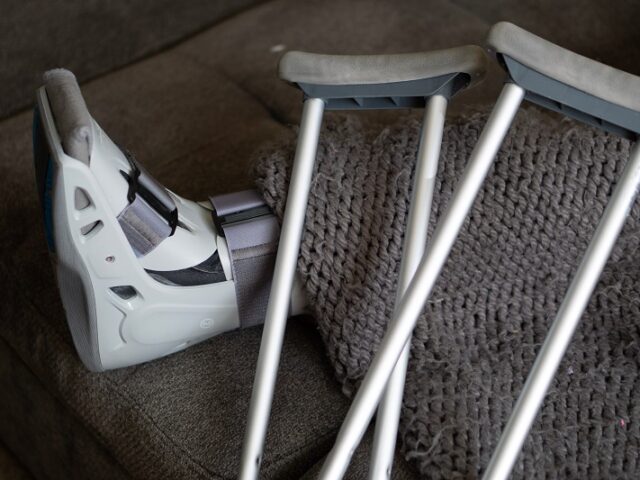
Why do LTD claims get denied? (Part 2)
Today we’re continuing our series on common reasons for LTD insurance denials (see our previous post for more reasons).
Lack of medical evidence
The medical evidence you provide in your application has to accomplish two things:
- support the existence and severity of your impairments, AND
- explain how those impairments prevent your ability to work
If you haven’t provided adequate evidence of both, your insurer won’t approve your claim. Your denial letter from the insurance company should explain on what medical basis the claim is being rejected, and that’s what you’ll need to address.
Sometimes it is relatively straightforward, like missing documentation, imaging or other medical records. But often the insurer feels that you have not made a compelling case that you are in fact impaired and that those impairments prevent you from working, so a strategy will have be to developed to overcome this issue.
Just as with CPP disability applications, it’s essential that your doctor fully supports you in your pursuit of disability benefits.
Lack of “total disability”
The actual definition of “total disability” is not what you might expect. It doesn’t mean you must be incapacitated, paralysed, or in a coma.
In Canada, we rely on the guidance in a case called Paul Revere Life Insurance Co. v. Sucharov, 1983 CanLII 168 (SCC) for what “total disability” means:
The test of total disability is satisfied when the circumstances are such that a reasonable man would recognize that he should not engage in certain activity even though he literally is not physically unable to do so. In other words, total disability does not mean absolute physical inability to transact any kind of business pertaining to one’s occupation, but rather that there is a total disability if the insured’s injuries are such that common care and prudence require him to desist from his business or occupation in order to effectuate a cure; hence, if the condition of the insured is such that in order to effect a cure or prolongation of life, common care and prudence will require that he cease all work, he is totally disabled within the meaning of health or accident insurance policies.
In plainer language, being “totally disabled” means that if you were to continue to work, it would prevent you from healing completely, prolong your illness or injury, or negatively impact your health or life expectancy.
Stay tuned: in our next post we’ll talk about surveillance, social media, missed appointments, and refusing treatment.
